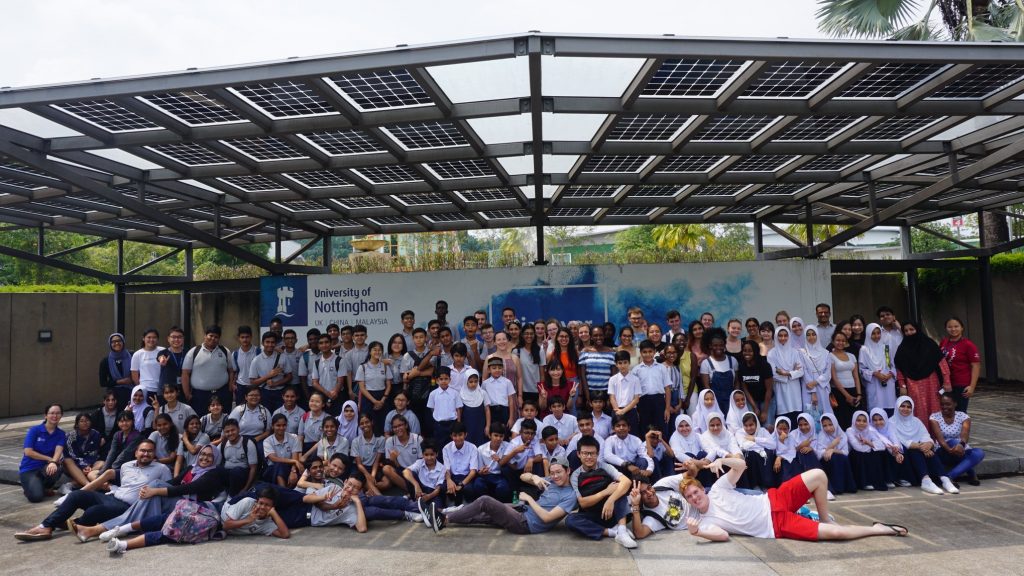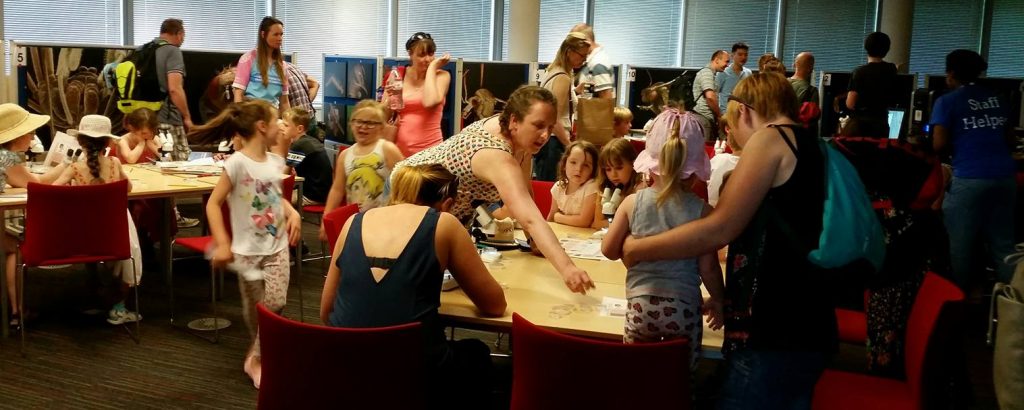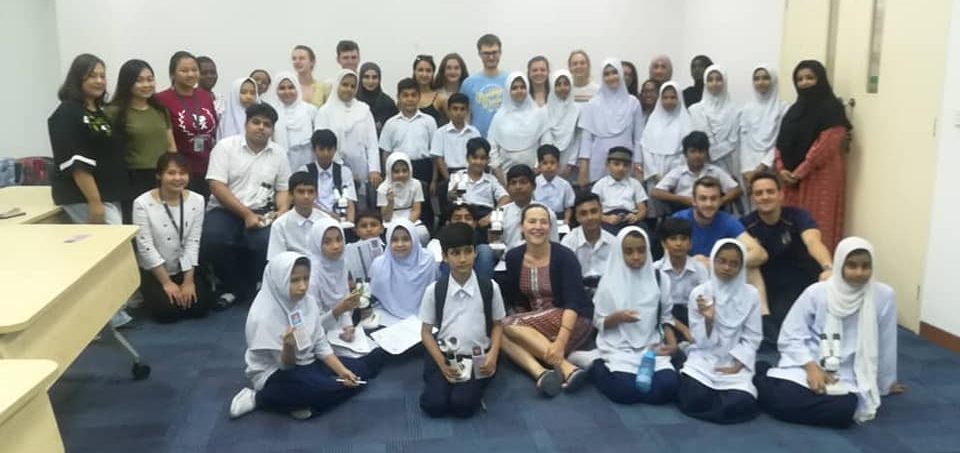
February 26, 2021, by Rob Ounsworth
Public engagement has never been more important
Professor Susan Anderson discusses her new role with the university’s Institute for Policy and Engagement
You are the Institute’s new academic lead for public engagement. Why you?
I’ve been an advocate for public engagement for many years. We do an awful lot of public engagement as a university but some of this work by researchers goes under the radar and our staff, students and the wider community are not always aware of the impact our research has locally, nationally and globally. These are worthy things to celebrate and can make us all proud of our University. The Institute does a great job of connecting and supporting great policy and public engagement and I have been inspired by the stories behind the nominees for the Public Impact and Policy Engagement Awards – I would like to celebrate and reward public engagement more and I think my role will help to translate and connect what the academic community is doing to the wider community and help them, in turn, to shape and impact our research.
Why public engagement?
The university is a genuine force for good. I want to inspire the public, our staff and our students by showing them what is possible when we involve the wider community in our research and our teaching.
Public engagement has perhaps never been more important. We are aware that we’re funded by the tax payer or by charities and it’s important that they are informed and can influence research. It is right that we are accountable to the public, who ultimately fund our research. I think people are also more aware, because of the Covid pandemic, of the complex challenges we face and the importance of clear interpretation and communication of scientific data in an accessible way. Thanks to Government scientific advisors like Chris Whitty and Jonathan Van Tam, expert opinion is sought and the link to our daily lives is much clearer.
Tell us about your experiences
My journey started as a consultant with the Nottingham-based charity Ignite!. I helped inspire children to be creative with science in schools. With the Lab 13 project we enabled children at six primary schools to set up and run their own creative science space, even bringing in builders and hiring scientists-in-residence. The first was at Dovecote School in Clifton and more than 10 years on children are still running their own lab.
I was then asked by the Royal Microscopical Society to lead their education and outreach activities. I created microscope activity kits (MAKs) that were loaned to schools, free of charge for a term complete with a range of activities, samples and plans for teachers. The kids loved them, proudly recording what they’d observed as proper scientists and solving real science problems! Since 2009, we’ve reached hundreds of thousands of kids, from Ireland to Israel, and it has made a positive impact in helping local schools and the refugee community at our Malaysia campus. The MAK was even the recipient of a Point of Light award from the Prime Minister. I’m now the Vice President of the Royal Microscopical Society.

Tropical Medicine Students from the School of Medicine in the UK at our Malaysia campus doing science outreach with refugee children
I’m now the Chair of the Festival of Science and Curiosity (FOSAC) in Nottingham. We’ve achieved charitable status and grown from 3,500 participants to 10,000 last year. Last year, we had a live heart dissection in a pub on Valentine’s Night, we had neuroscience students share knowledge and learn from the experiences of carers of people with dementia. Last year, we gave out air quality monitors to kids at schools. They detected higher emissions at drop off and pick up times, and successfully lobbied their council for parking restrictions. It showed that with science you can make a real difference to the world around you. The festival is run for everybody, by everybody. It doesn’t have a hub, but is community-based. We’re a collective, focused on citizen science and engaging people in understanding that they can change their world. This year the Festival has been online, which was both challenging and full of new opportunities from online forums to live streaming TV! Our researchers have helped created some fantastic resources linked to the festival.
What next?
Many colleagues are already involved with public engagement and love it; it is so rewarding! Others feel they just don’t have time for it. I think one of the keys is to share and celebrate the successes more widely, and to bring people who are already engaged together and help increase their impact. As we develop and share successes, others more broadly can be encouraged by seeing what is possible. I’d like to see a structure for valuing and rewarding public engagement. And I’d like to see people developing beyond outreach to more impactful engagement, with a pipeline of activities that could eventually become KEF (Knowledge Exchange Framework) case studies. I will also work to facilitate and enable more dialogue with the public in its broadest sense and work closely with our external stakeholders to ensure our engagement makes a positive difference to those around us and is informed by their needs, locally, nationally and globally.

Microscope activities at Wonder on University Park
I do understand that the pressures that colleagues are under. But by making public engagement more visible and valued – both to the people that work here and also the public – it will begin to fly.
Anybody wanting to embark on public engagement, develop what they do or maximise their impact, please get in touch and we will work together and support you.
Susan Anderson began her University of Nottingham career as a technician in 1995. She is now a Professor in Anatomy in the School of Life Sciences.
No comments yet, fill out a comment to be the first


Leave a Reply